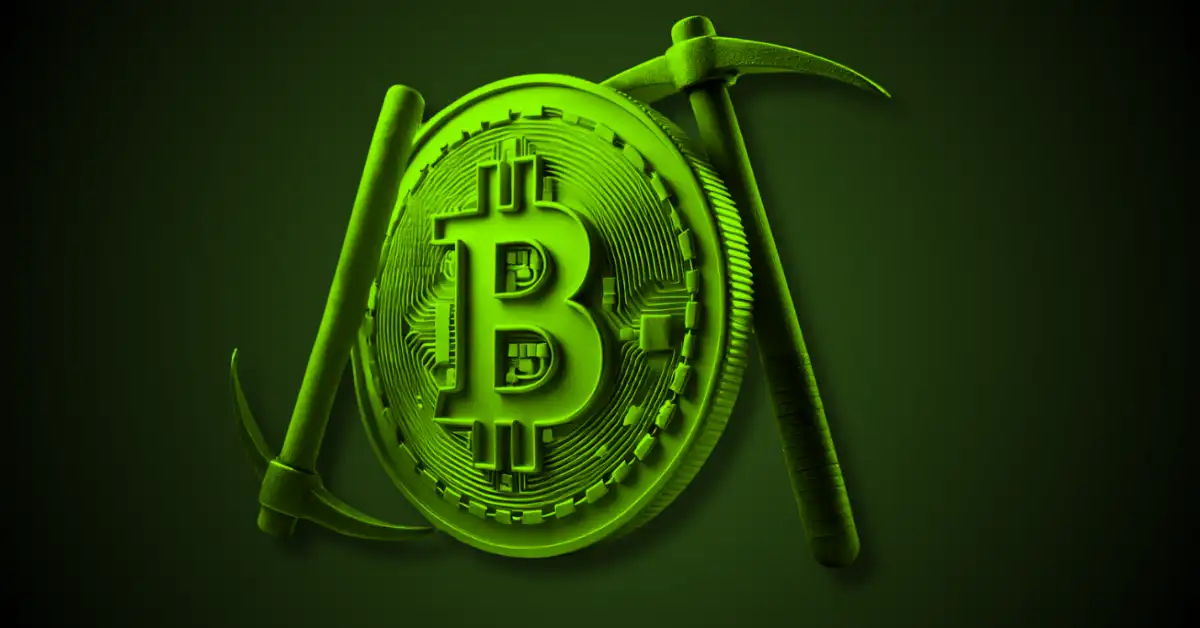- The recent “Exposure Draft” of the Bank of Ghana aims to regulate digital assets in the region.
- Market watchers claim that the draft came following the growing popularity of Bitcoin and USDT in Ghana.
- As per the Bank’s findings, Digital assets can improve financial inclusion and promote economic development in Ghana.
In the August 2024 draft, the Bank of Ghana proposed a significant move towards regulating digital assets in the country. The Bank developed a draft in response to the increased usage of Bitcoin and Tether (USDT) in the region.
The Bank of Ghana desires feedback from industry stakeholders and the masses on its suggested regulatory measures for digital assets.
The draft gives way to a proactive creation of a regulatory pathway for digital assets. Collaborative efforts with various stakeholders ensure banks approach the laws developed after analyzing the responses from experts and the broader masses.
As per a bank study, Ghana’s digital asset usage has notably surged over the past three years. The growth is solely backed by the country’s high mobile money penetration, enabling effortless access to digital assets.
The national banks seek to engage with various stakeholders and collect information on their proposed regulatory measures by issuing these draft guidelines.
This combined approach assures that the final guidelines will be designed with diverse perspectives and expertise, eventually contributing to Ghana’s well-regulated digital asset ecosystem.
The draft notes that Ghana’s youths have pushed adoption and innovation, while elevated internet usage has facilitated seamless transactions and interactions. Unprecedented growth in online companies offering crypto and virtual asset services has contributed to the country’s digital assets growth.
The Bank recognizes the innovative and beneficial applications of digital assets. These include efficient cross-border payments, charitable donations, crowdfunding, international remittances, and economic opportunities presented by asset tokenization.
Digital assets can improve financial inclusion and promote economic development in Ghana.
Yet, the Bank also remains alert in addressing potential disadvantages associated with digital assets, including risks of money laundering, terrorism financing, fraud, and cyber theft.
Also, the Bank is concerned about capital flows and consumer protection. By acknowledging both the benefits and risks, the Bank of Ghana aims to balance elevating innovation and assuring a safe and stable financial environment.
Other Market News
As per the recent ruling of the Dubai Court, salary payments in crypto are valid under employment contracts. An expert said the verdict will show a “progressive approach” to integrating digital assets into the country’s legal and economic framework.
Recently, Todayq reported that the Abu Dhabi Global Market has observed significant growth in establishing leading companies’ workplaces. As per available data, in H1, 2024, the registration of companies in ADGM grew 31%.
Chainalysis, a blockchain analysis firm, notes in its August 2024 report that the average amount the industry lost per heist grew more than 75% YTD (year to date).
The Ethereum chain faced 37 attacks in Q2, 2024, losing millions of dollars in cryptocurrencies. In Q2 2024, the ETH chain faced more attacks than the BNB chain.
Obeying the shift in the usage of cryptocurrencies globally, several leading banks have recognized digital assets significantly. Some traditional banks have shifted towards blockchain and a decentralized world.











